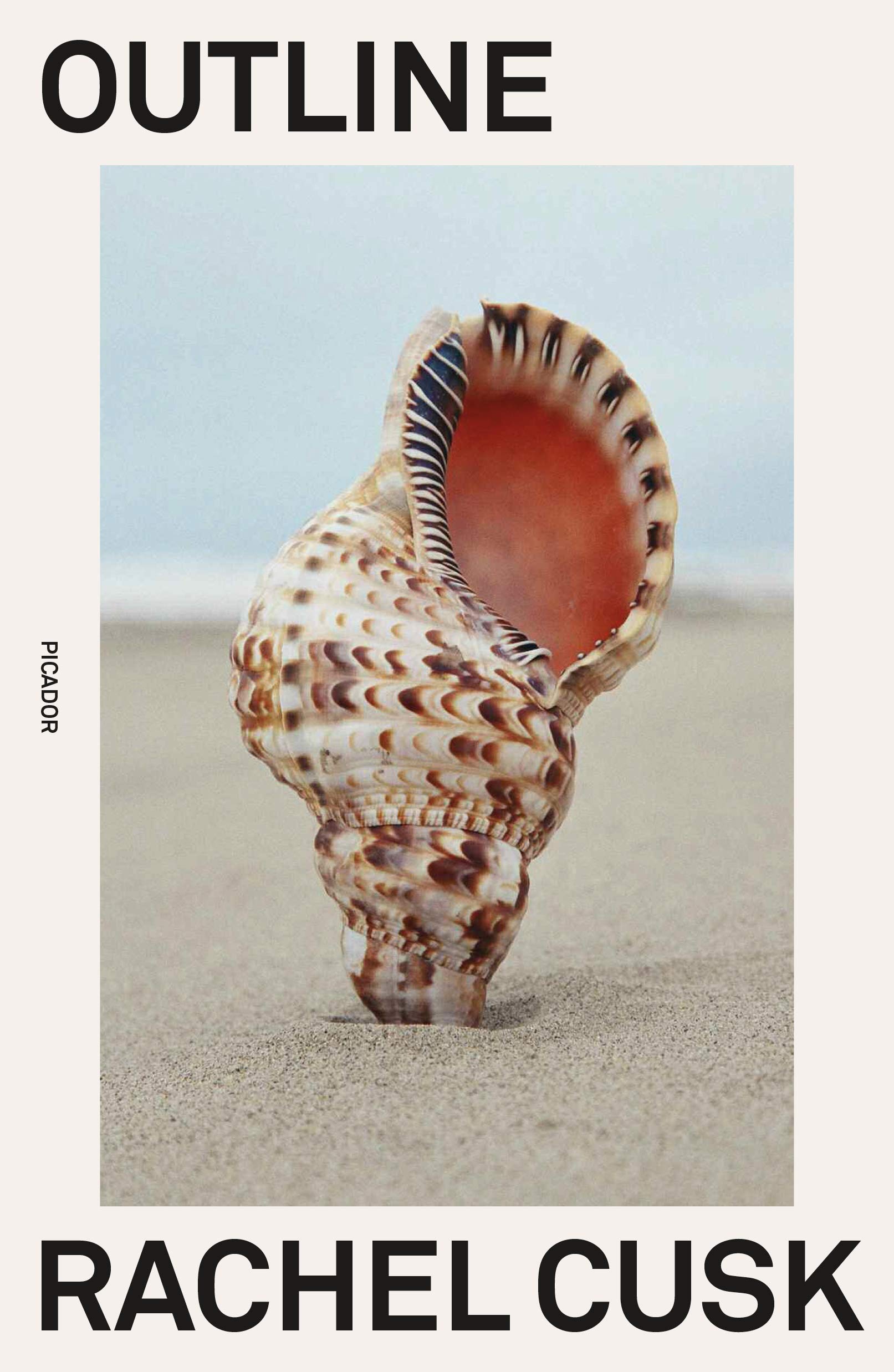
I would like to take a few minutes and talk about one of the most interesting novels I’ve come across as of yet. Through its title, Cusk makes a thesis statement – the myth of characters, she might as well say, is holding the novel back.
Faye, the novel’s main character, is strangely absent from it. Though we see events – or conversations, rather – transpire through her eyes, Faye is silent, echoing the characters she engages with but offering little of her own. Each of the ten chapters within Outline takes the form of a conversation, allowing Cusk to penetrate deep within
Faye listens to each of the men and women who speak in these chapters; she does so intently, deflecting questions about herself, choosing instead to ask questions of her own, to dig further in search of understanding of the other, through a mixture of skepticism and insight. In doing so, Faye exposes many of those she speaks as clueless, wilfully blind to their own shortcomings – a stranger she meets in the plane, for example, a Greek businessman who smugly believes he holds no fault in the falling apart of his many romantic relationships; a Greek writer Faye has met before, Angeliki, who has recently come into a great degree of fame in her home country and abroad, and in doing so has detached herself from the woman she used to be previously: ““That was another Angeliki…an Angeliki who no longer exists and has been written out of the history books. Angeliki the famous writer, the feminist of international renown, has never met you before in her life” (Chapter V); and more, and more.
“Faye herself is missing,” writes Clair Wills for the New York Review of Books. “We are being encouraged to think of the trilogy as an experiment in autobiography in which the self is missing, or is there only in outline.” It’s an interesting notion – the idea that we are “a shape, an outline, with all the detail filledin around it while the shape itself remained blank.” (Chapter X)
Wills offers another reading:
…in the ingenious parallels with the myth of Echo and Narcissus. People mirror one another, or repeat one another’s noises, like the animals that Faye sets as a topic for a creative writing assignment in Outline. “They watch us living; they prove that we are real; through them, we access the story of ourselves…the most important thing about an animal, he
The Truth Alone by Clair Wills; you can find part of the article here. It’s behind a paywall, sorry!
said, is that it can’t speak.” The novelist Anne, who is an echo of the novelist Faye, is even described as a parrot: her voice makes “quite a distinctive squawking sound,” and she has green, unblinking eyes.
The novel closes on just such an echo; Faye, correcting the Greek businessman I mentioned earlier, delivers a blow which spells out the truth of this tiny man in enormous letters in the reader’s mind.
What are we, then? Characters, outlines, echoes of that which surrounds us? Perhaps reading Outline will offer you some answer.
Me? I read Outline for my Researching Literature course over three weeks ago; I still can’t stop thinking about it. Two more books await – I’m excited to dive in and mull them over for months and years to come.
Remarkable.


This seems like it could be a candidate for comparing to musical formal structure, particularly through the concept of echo. Are there any other overt musical elements in it that you can think of?
LikeLiked by 1 person
I am not sure this would make much sense in terms of musical formal structure, honestly. It’s the use of echo as in myth, rather.
LikeLike